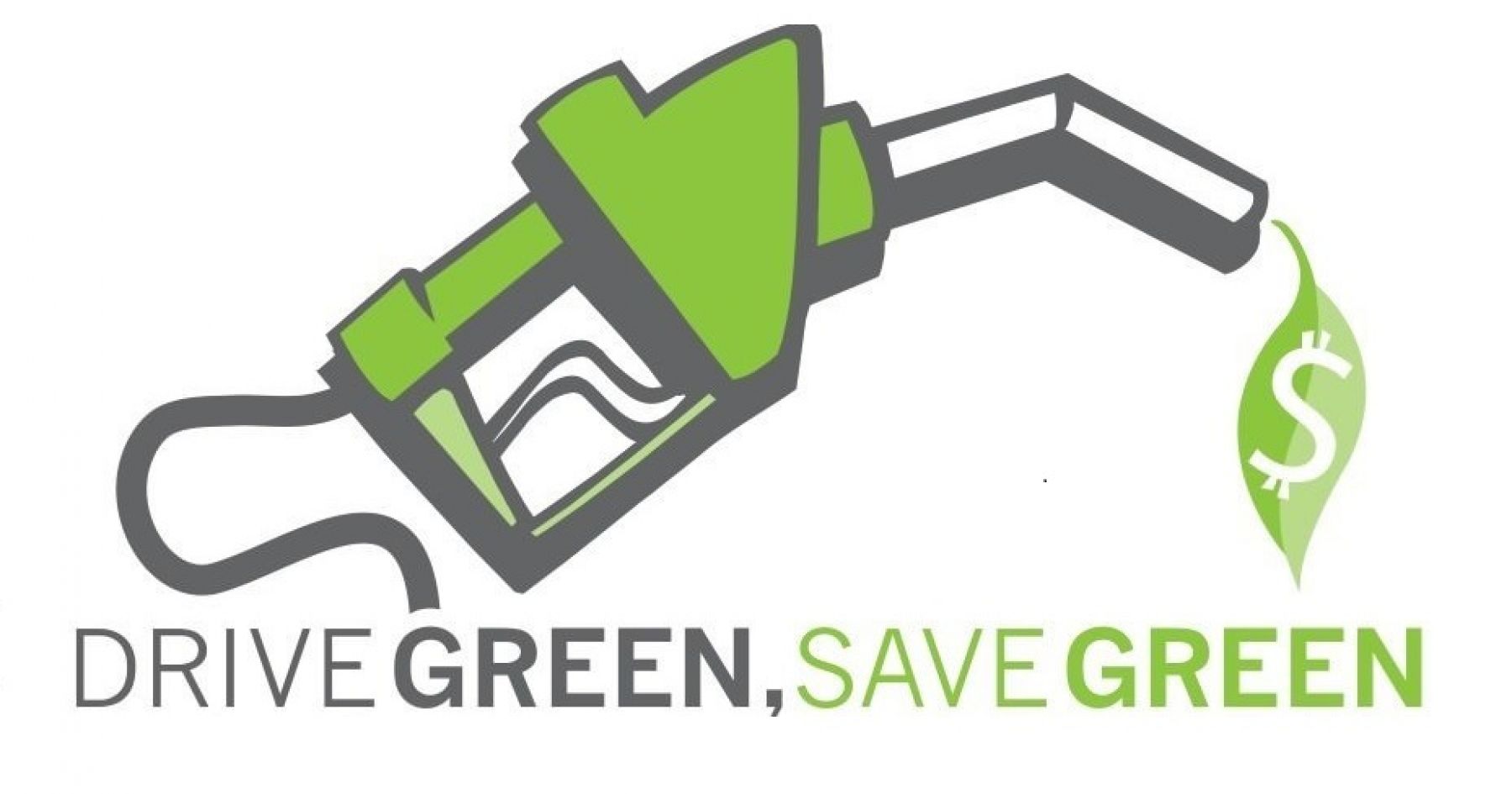Improving your fuel-efficiency whilst driving is a great way to reduce your travel costs (and reduce your carbon emissions). There are a lots of small changes you can make to your driving style and vehicle to reduce unnecessary wastage of fuel, which can therefore lead to you having to top up on fuel less often. These include:
Planning ahead:
- Look into your route before travelling to make sure you're taking the most direct route (maps or Sat Nav) with the least amount of traffic possible.
- Combine trips where possible, to reduce the amount of overall car journeys you are taking. This also reduces the amount of times your engine is having to heat up from cold.
- Check your tyre pressure is correct (whilst tyres are cold), as under-inflated tyres reduce your pounds per square inch, and therefore lead to more fuel being consumed.
- Remove excess weight from your car (e.g. roof racks; or items in your boot that you won't need for that journey).
- Have your car serviced regularly, to make sure its parts are in optimum working order.
- If you are considering buying a new car, try where possible to opt for a smaller car size. You should also consider the fuel type of the car, whether it has start/stop technology, and what engine size you realistically need (e.g. smaller engine size if you only normally use your car for city driving).
- Take part in fuel-efficient driving training, where a qualified instructor can monitor your usual driving style before making suggestions to improve your fuel-efficiency.
- Consider walking, cycling, or taking public transport if you are only travelling a short distance.
While driving:
- Drive at a reasonable and consistent speed, whilst avoiding sudden braking and accelerating.
- Don't leave your engine idling for prolonged periods of time (e.g. traffic jams).
- If you are driving around town at speeds below 50 miles per hour, open your windows to cool down opposed to using your air conditioning. However, at speeds over 50 miles per hour, close your windows and opt for air conditioning instead, as the drag of air resistance will more significantly affect your fuel efficienty at these speeds. Of course, having your windows closed and air conditioning off is most fuel efficient for when you don't require a cooler temperature.
You can save up to £260 a year by following these tips. If everyone in Scotland drove more fuel-efficiently the resulting carbon dioxide emission reductions would be large enough for each person to to fill 16,000 party balloons!

